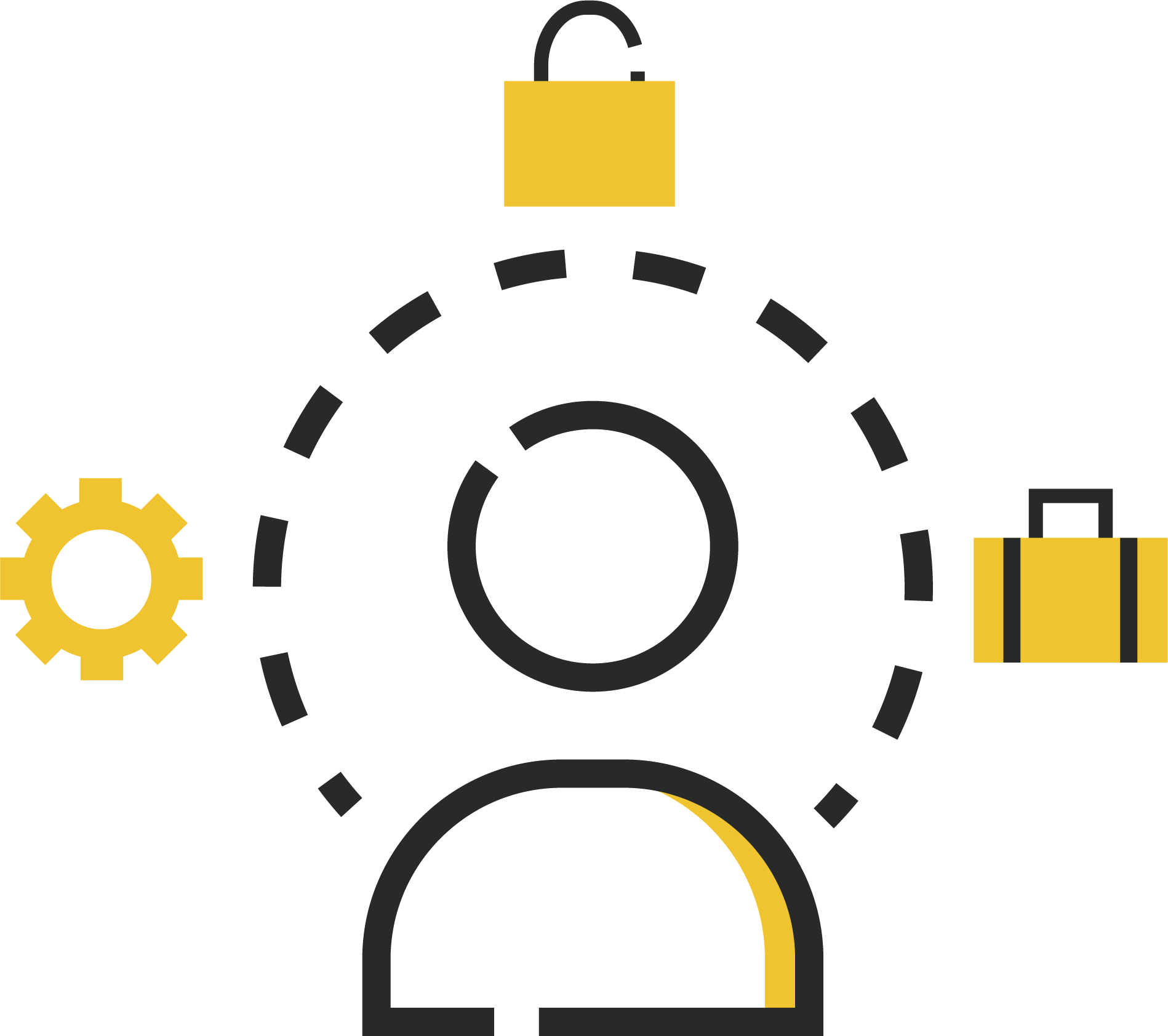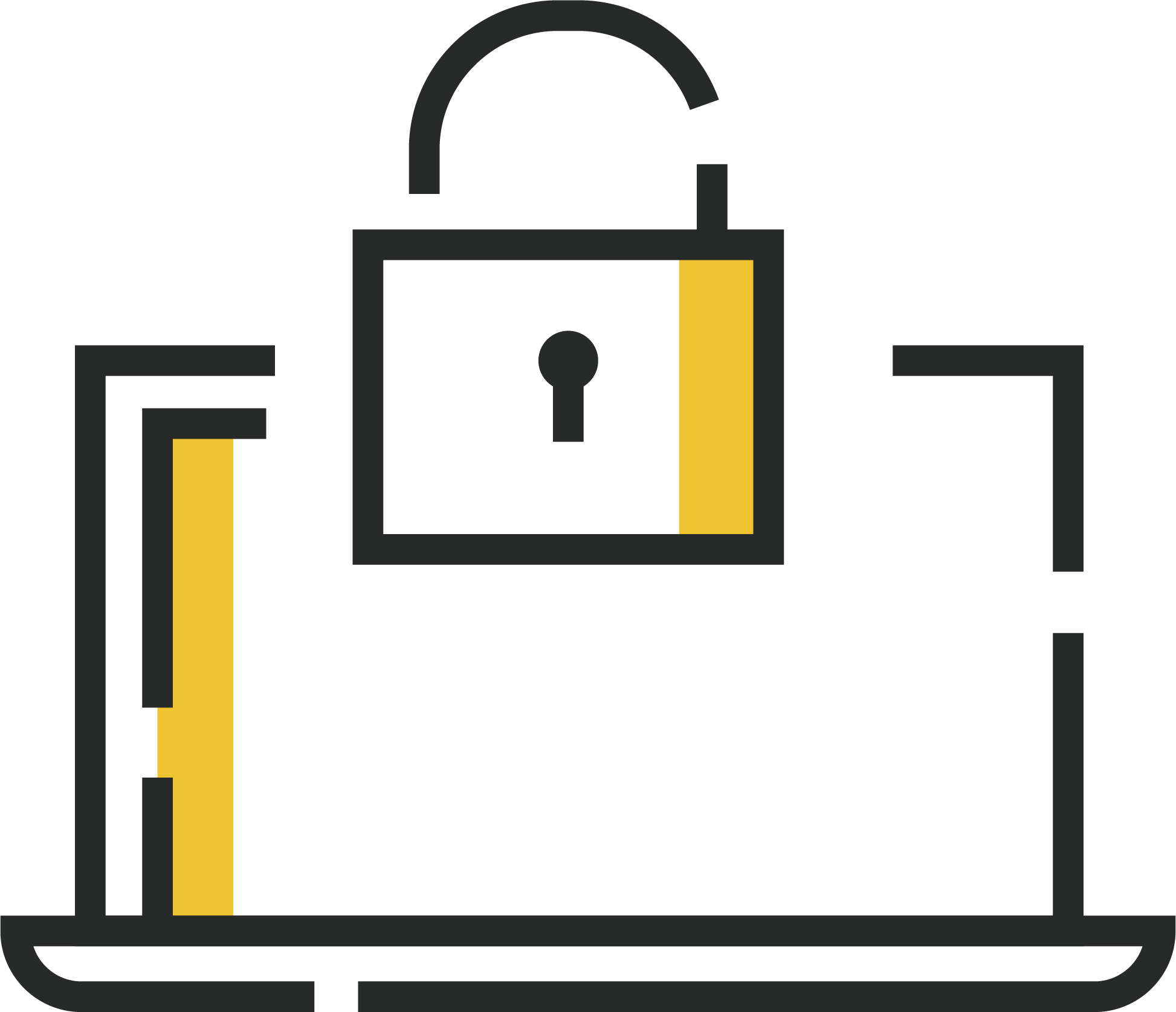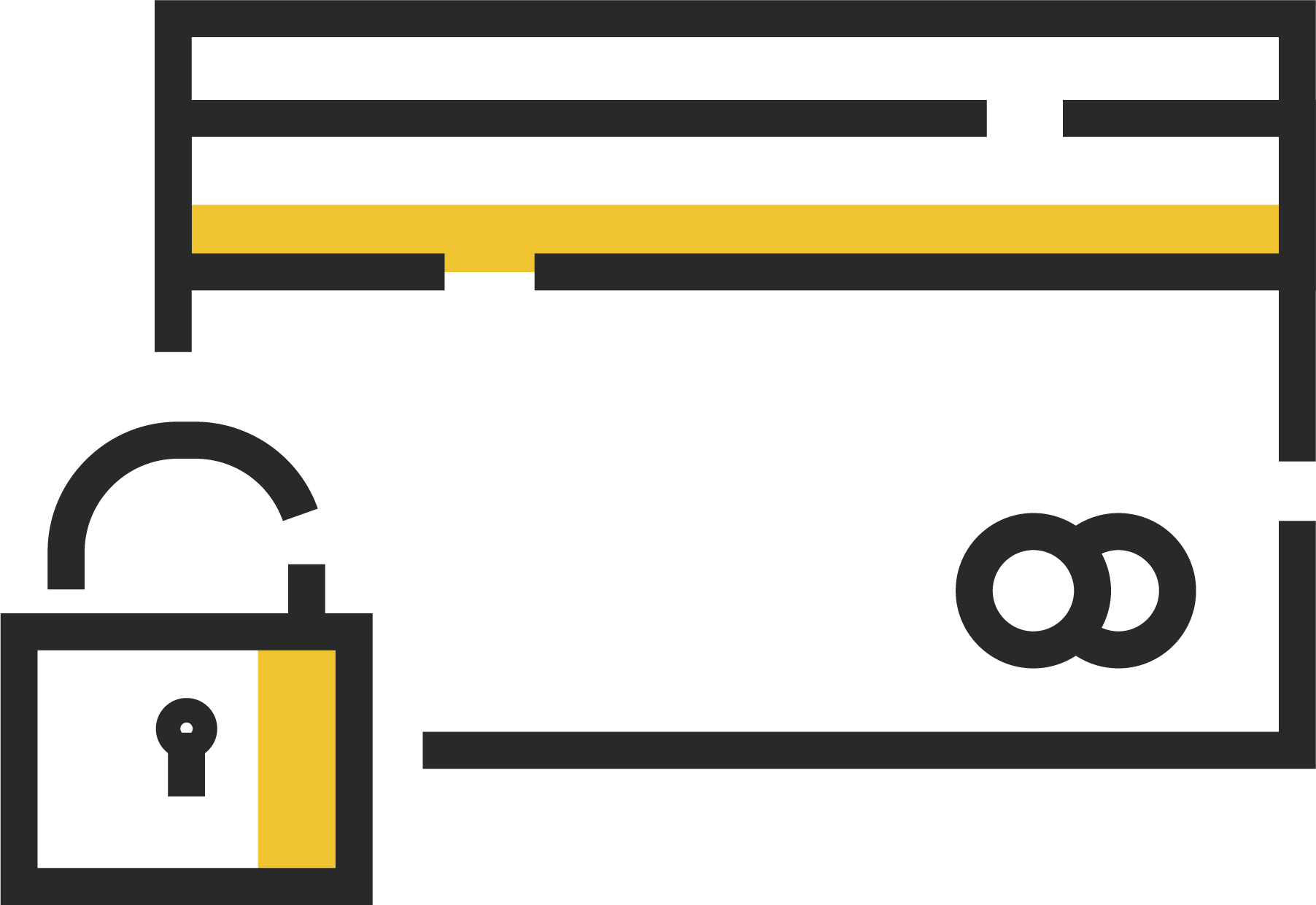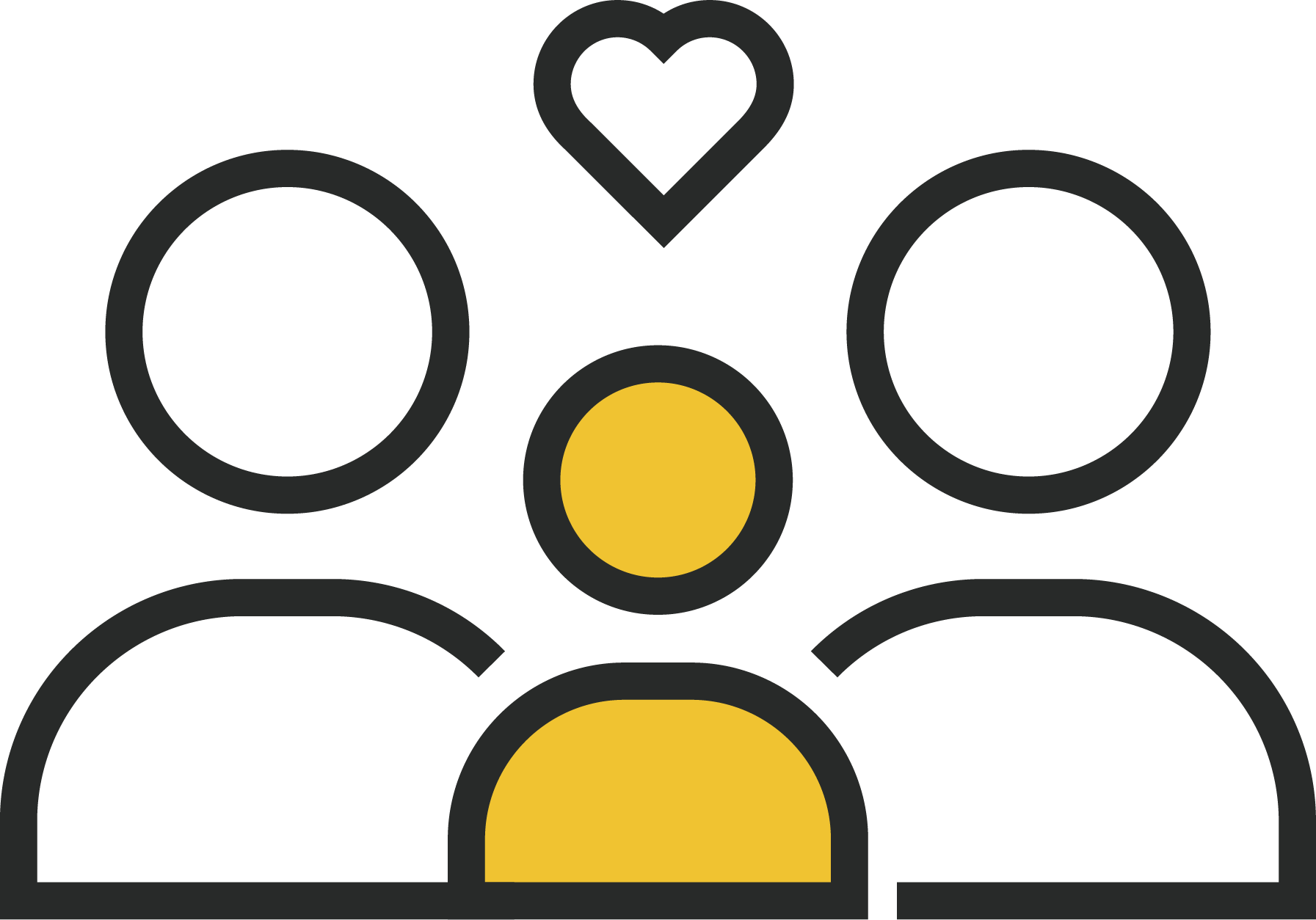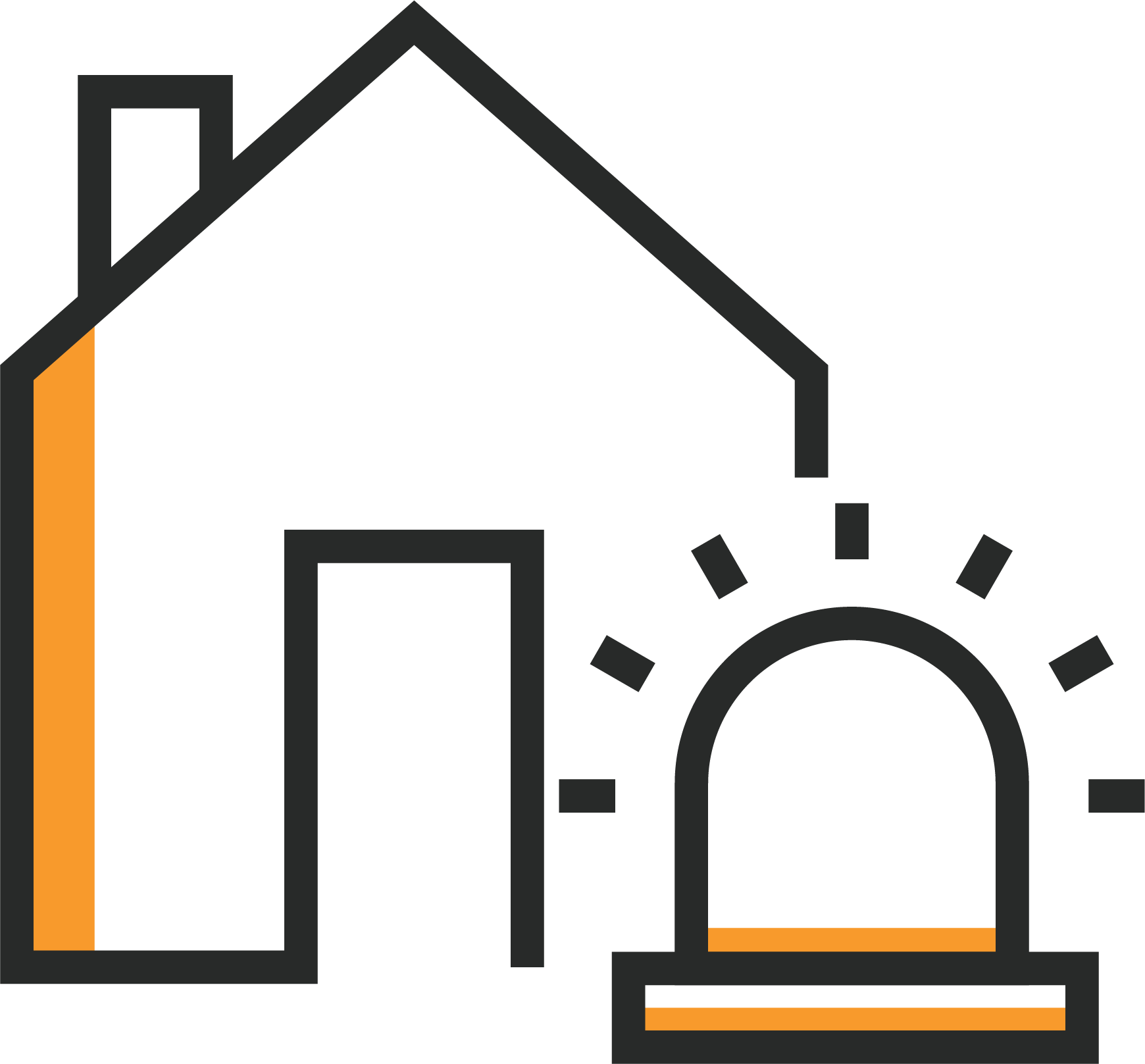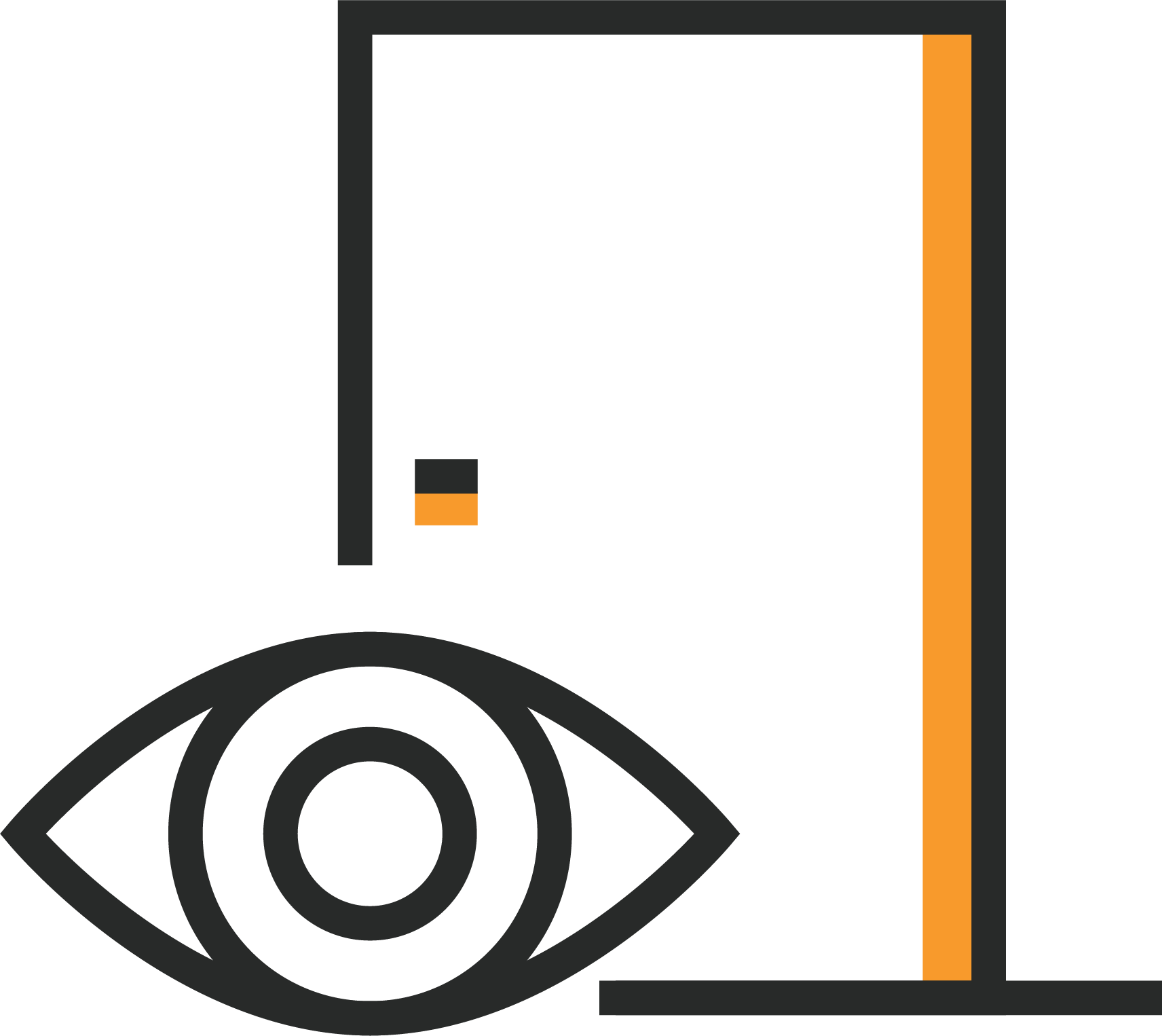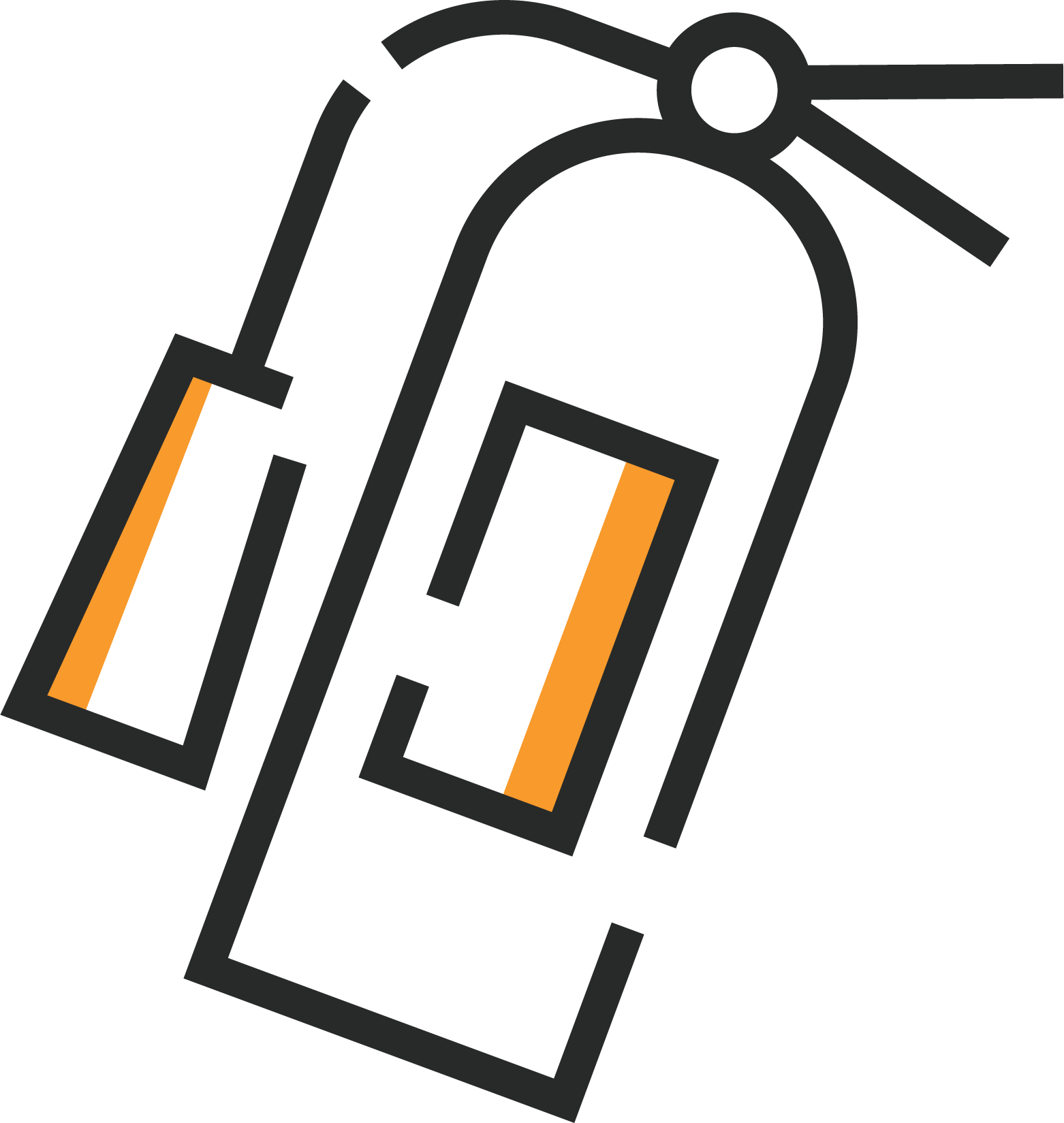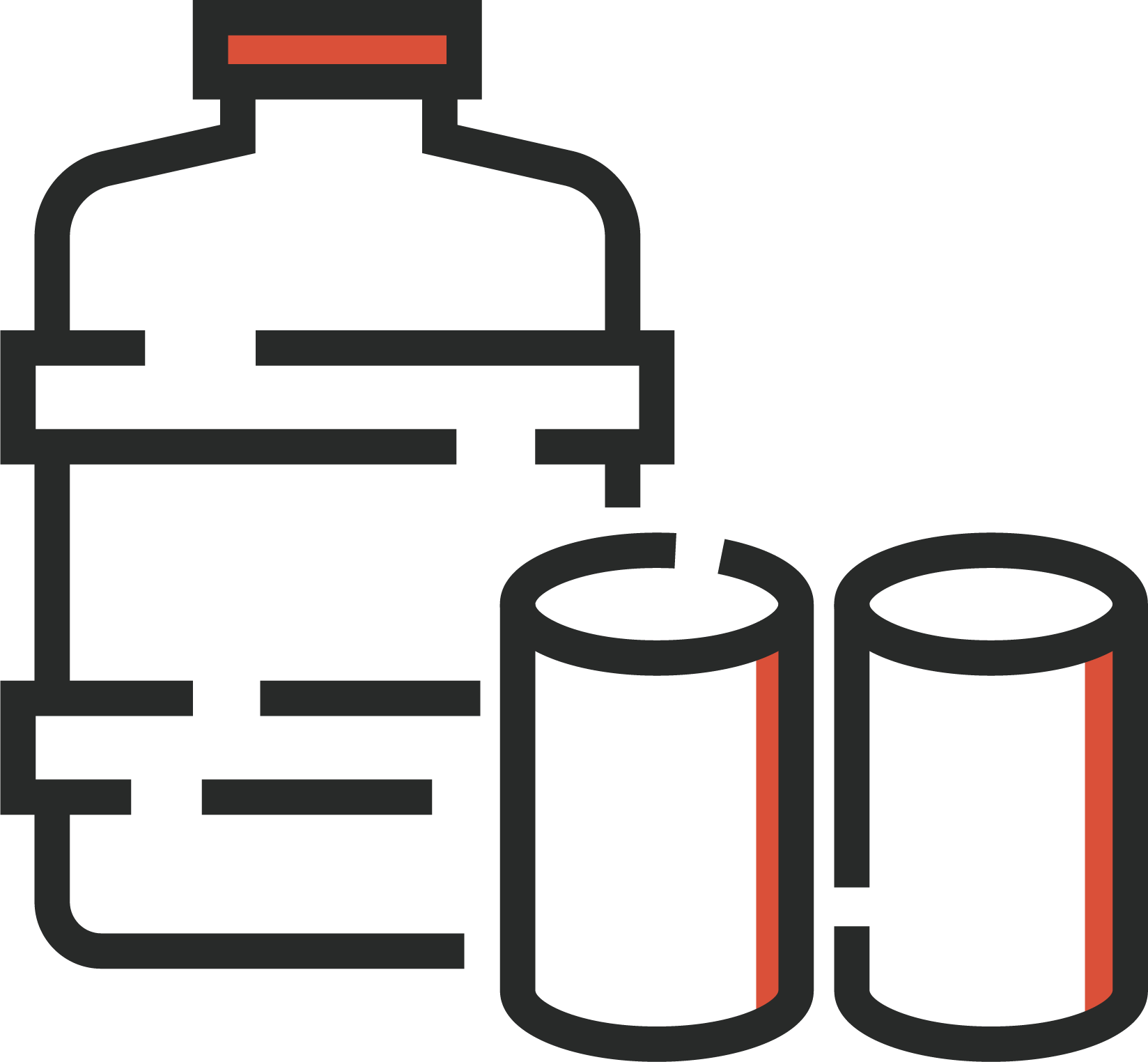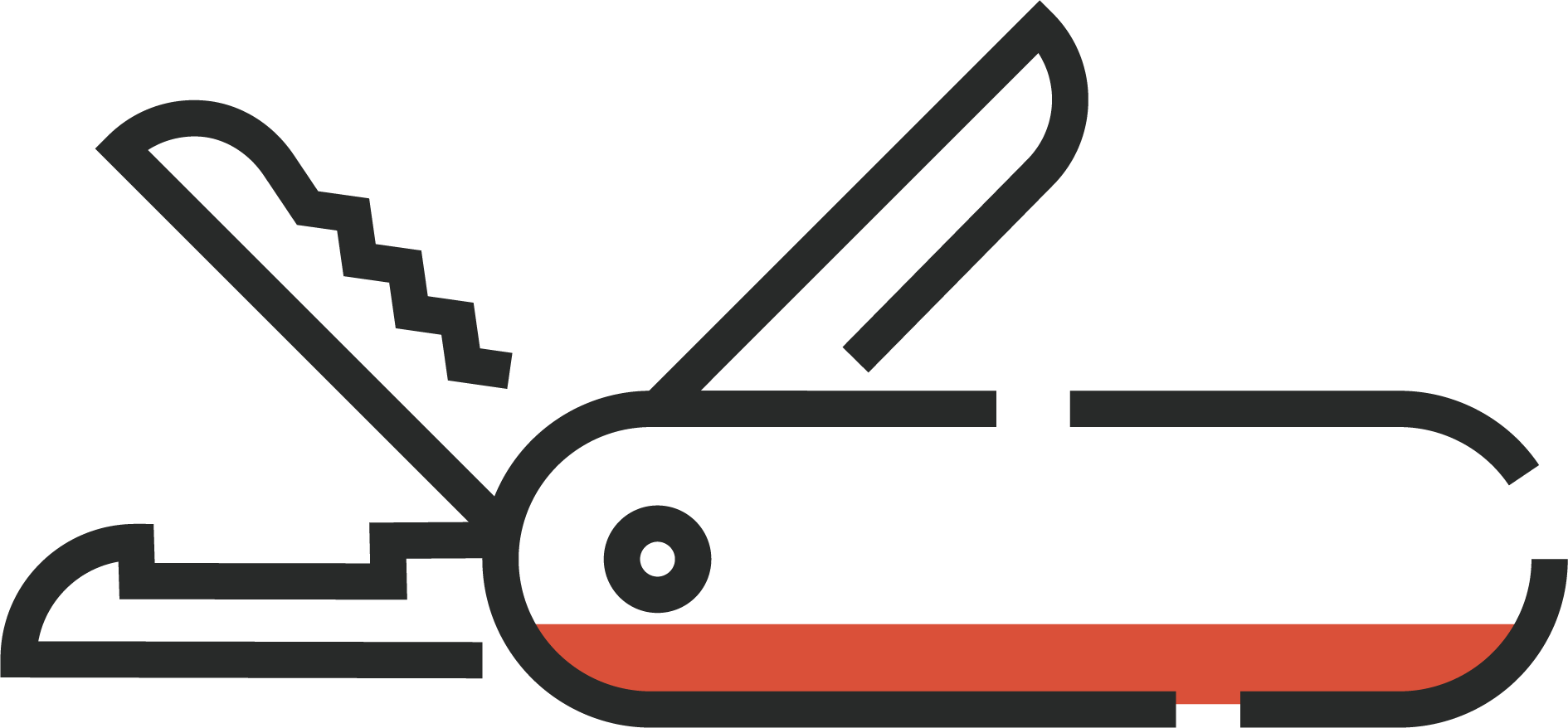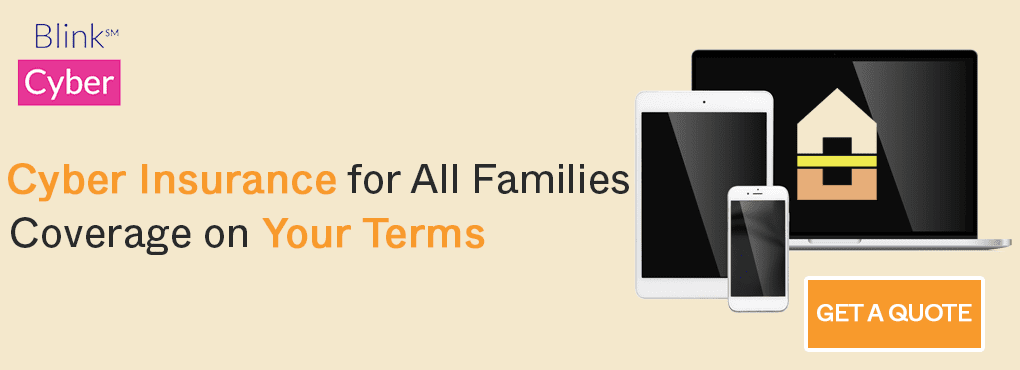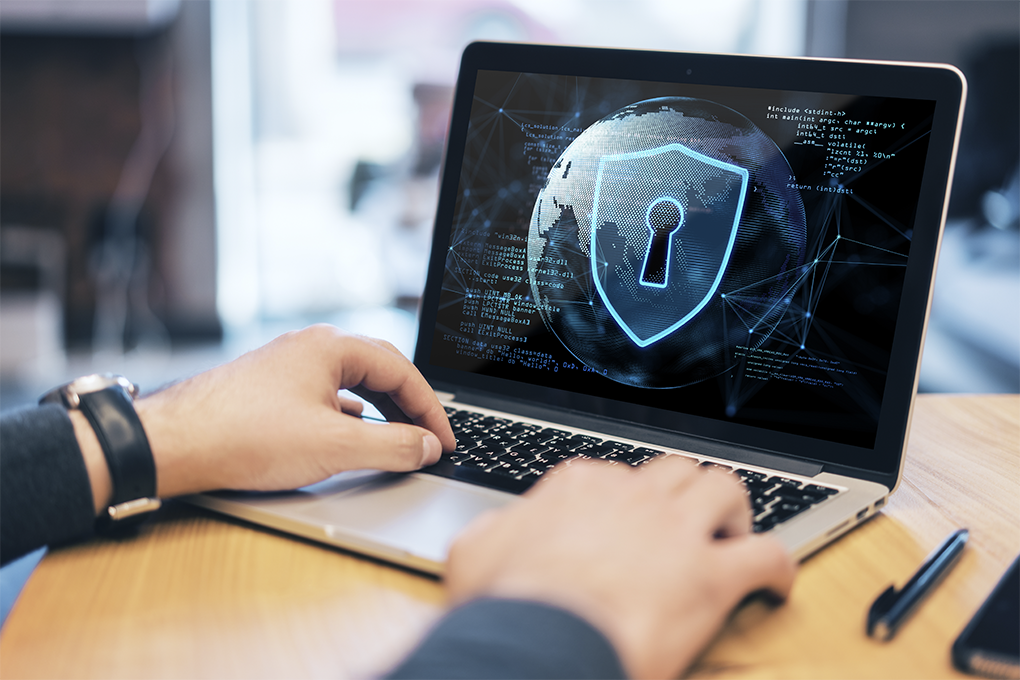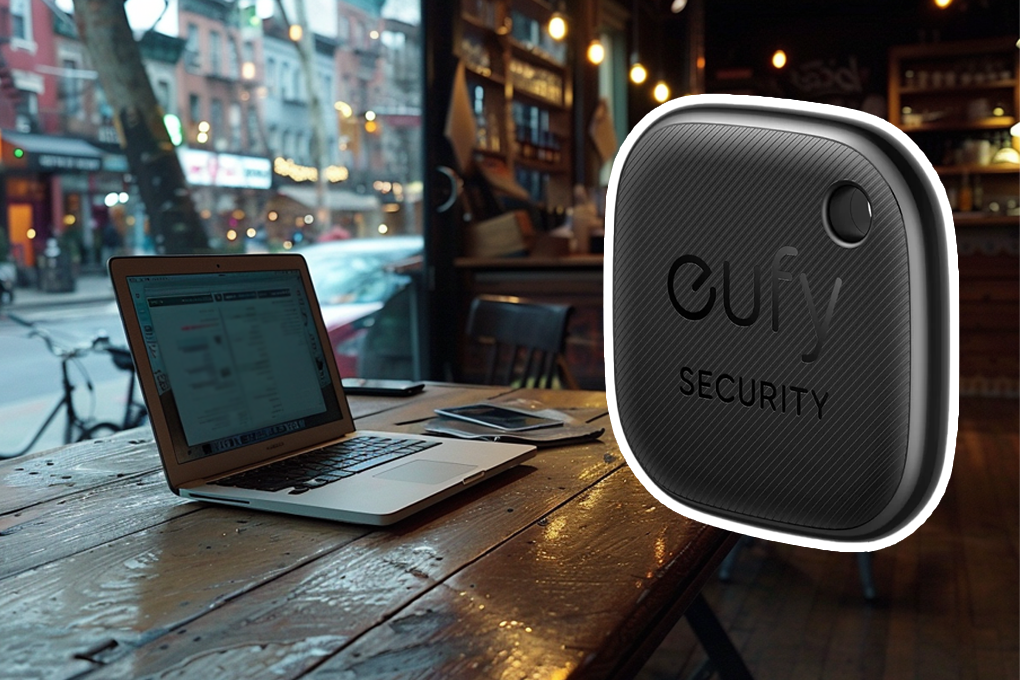When you think of hacking, you may first think of exciting spy films where the hero must hack into the enemy’s mainframe to prevent them from achieving their nefarious goals. In reality, hacking is something that anyone can be vulnerable to, and it happens to ordinary people every day.
In fact, if you use the internet fairly regularly, there is a good chance you have fallen victim to some kind of hacking in your life. New attacks can always be around the corner, and that’s why it’s important to learn how to make your computer hack-proof. We will look at some of the easiest ways to do just that throughout this article to make sure you won’t have to worry about hacking in the future.
Contents
Key Takeaways
- We will cover some of the different forms hacking can take, covering ones such as viruses, malware, and spam emails.
- There are many ways to protect yourself from hacking attempts. We will cover some of the top methods, such as using good passwords, anti-virus software, and VPNs among other methods.
- We shall go over a few products and programs, such as NordVPN that you can use to get started with general hacking security.
What Is Computer Hacking?
Hacking can take many different forms, but it is basically when a person or a program gets through any security protocols to access information. No matter what form it takes, hacking is always a violation, as it allows people to access data you did not consent to.
With hacking, anything from private photos to bank details and sensitive business information can be accessed, which is never a good thing.
How Do Computers Get Hacked?
There are many ways that computers can get hacked. Some of the most common ways to get hacked are via software such as viruses and malware. It’s easy to accidentally fall for a virus, as it could be cleverly hidden in a link that looks safe to access.
Sometimes, you can be hacked by being tricked by an actual human. This will often happen with scam emails and even cold calls where someone masquerades as a professional that is safe to give access to
That’s why you need to be vigilant not only with the virus protection you use but also with who you choose to grant access.
What Are The Most Common Forms Of Hacking?
As we mentioned previously, hacking can come in many different forms and variations. It’s most commonly seen in the form of viruses or malware, but there are many specific kinds of hacking that fall under those two categories.
No matter what specific kind of hacking you’re talking about, protection against it can usually take the same form. Whether it’s phishing, key logging or a good old-fashioned computer virus, there are ways you can protect yourself from most kinds of hacking.
The battle against hacking is ongoing, with each security measure acting as a chess move in a high-stakes game. By adopting comprehensive strategies—ranging from password management to regular backups—users can stay several steps ahead of hackers, ensuring their digital devices and networks remain secure.
– Kurt Sanger Cybersecurity Expert
How To Make Your Computer Safe From Hackers
Now that we have covered what forms a virus can take, we will now look at some ways that you can protect yourself from most major forms of hacking.
Use Strong And Unique Passwords (Or Use A Password Manager)
Sometimes, hacking can be as simple as someone guessing your password. That’s why experts recommend using unique, varied passwords that have many different characters. For example, if your name is Sam Lucas and you were born in 1983, you should avoid a password like samlucas1983. This is incredibly easy to guess, so you should rather use something that someone who doesn’t know you could never guess.
This could be the name of a childhood pet and the year that pet was born, for instance. Adding capital letters and punctuation can also make it harder to crack. Not only this, but experts also recommend changing passwords fairly frequently. They also advise that you don’t use one password for all your accounts and should make a unique password for each one.
If remembering all of these passwords gets too cumbersome, there are many password managers you can use to safely store and categorize your passwords.
Keep Your Software And Operating System Up To Date
It can be tempting to ignore a notification saying an update is available for a program, but you should always take the chance to update software of any kind. Not only can these updates include fixes and improvements, but they often implement more up-to-date security protocols to keep you safe from the latest hacking methods.
Use A Firewall And Anti-virus/Anti-malware Software
Viruses are a constant threat on the internet. You may think you are downloading a song or a picture, but if it’s from an unsecured source then there could be a virus lurking within the code.
Firewalls and antivirus software are always a good idea. Some anti-virus software is free, but it’s usually worthwhile to go with a paid product. These will have the most comprehensive protection and often include protection for malware and firewall features.
Use A Virtual Private Network (VPN)
Virtual Private networks, or VPNs, are becoming more and more popular these days, and for good reason. VPNs can be a great deterrent for hackers, as they make you much harder to track which makes your data much safer.
We always recommend using VPNs for general internet use, as they can be useful for accessing regional content and keeping you safe from tracking and hackers. NordVPN is one of the top names in paid VPNs, and we frequently rate it as one of our top picks for the best VPN on the market.
This article we worked on shows you some of the benefits of this VPN when compared to another great service, Surfshark.
Enable Two Factor Authentication
Two-factor authentication is something that many programs offer for increased security, and it’s always a good idea to use it. This basically offers another layer of protection before you can access something.
The first layer will usually be a password that you create. After that, you can add something that only you would know. Sometimes it’ll be something like ‘your favorite author’ or ‘your favorite teacher’s name.’
These are simple examples, but there are also more intricate forms of two-factor authentication.
It could be a fingerprint or a specific device that you need to scan. The more advanced, the better, but it’s always a good idea to use this kind of authentication.
Regularly Back Up Important Files
File backup is something that can be easy to neglect, but it’s something we should all do regularly. In the modern age, much of our lives are stored digitally. This could be anything from important documents for your job to precious family photos. It could even be copies of your favorite songs or movies, and it can be easy to think they’re safe on your hard drive.
As some people have learned the hard way, this data can all be lost in the blink of an eye. This can happen because the hard drive gets damaged by a fallen cup of coffee or because a virus has caused so much damage that the drive becomes unusable.
These are just two examples, but regardless of how it can happen, you should always keep backups of any data you can’t stand to lose.
Ignore Spam Emails
If you have a Gmail account and have a look at your spam folder right now, there’s a good chance you will have a few potential scammers vying for your attention. These can be ridiculous, as many will be people claiming to be celebrities like Bill Gates who want to give you millions of dollars if you’ll only provide your banking details.
It’s usually easy to spot these typo-ridden emails as scams, but some can be a lot smarter. You may think you’re too smart to fall for spam emails, but if they catch you on a bad day and make it look convincing, then you can easily fall for it.
Some spam emails will make it look like they’re sent from a bank or maybe an internet service provider. They may ask you to re-enter your bank details or a password, and you may do so without looking too closely.
It’s important to never give out important information to unsolicited correspondence or sources you can’t identify without a shadow of a doubt as authentic.
Use Security Software That Can Detect And Block Malicious Websites
It can be easy to get tricked by websites that look official but are actually trying to expose you to viruses or other attacks. That’s why it’s important to use software and firewalls directly in your browser that will block and warn you of suspicious websites.
Identity Guard is a service we would recommend to get you started with protecting yourself from these and other kinds of threats.
Educate Yourself On Cybersecurity Practices
Cybersecurity can seem incredibly complicated, but there are plenty of sources to consult to make it much easier to understand. We have previously covered some ways you can get into learning about cybersecurity, so we definitely recommend giving that article a read to start your journey of learning more about cybersecurity.
We also did an overview of some of the best books on cybersecurity that can get you started when choosing informative literature on the subject.
Keep Your OS, Apps, And Browser Up-to-Date
Earlier, we spoke about keeping up with the latest firmware and software updates, but it’s also important to always update apps and browsers whenever you see a new one is available.
Secure Your Network And Router
Choosing the right network protection and router can be incredibly important for internet security. Some routers will have encryption and security protocols built in, so it’s always worth doing some research before buying a router.
We have previously looked at some great secure routers to consider to get you started.
Firewall
We’ve mentioned firewalls earlier in this article, but we will again emphasize how important they can be. A firewall will basically monitor all traffic through your network and detect any potential errors or threats. Many anti-viruses will come with a firewall feature, so it’s always worth checking when considering an anti-virus.
Encrypt Your Data
Lastly, you should always encrypt your data whenever you can. Encryption is used to convert data to a specific code that can make it much harder to access without the correct authorization.
There are many programs you can use for encryption, and operating systems such as Windows often have basic encryption conversion features for your files.
Final Thoughts: How To Make Your Computer Hack-proof
In this overview, we have looked at some of the best ways that you can make yourself safe from hacking attempts. We briefly covered some steps, but it doesn’t have to be as complicated as it often seems.
Maintaining good passwords, using a decent anti-virus, and installing a VPN can be great ways to make yourself much safer immediately. If you do everything we listed earlier, then you will be making yourself even safer, so we always recommend using as many methods as possible.
Where To Buy A VPN And Password Manager
If you would like to look into getting a VPN for yourself, there are many options to choose from. We would again recommend using NordVPN as our top pick for a safe, versatile option.
When it comes to password managers, we would highly recommend services such as 1Password for an excellent, trusted password manager service.
This review we previously created for 1Password will go into more detail about some of the many benefits of this service.
